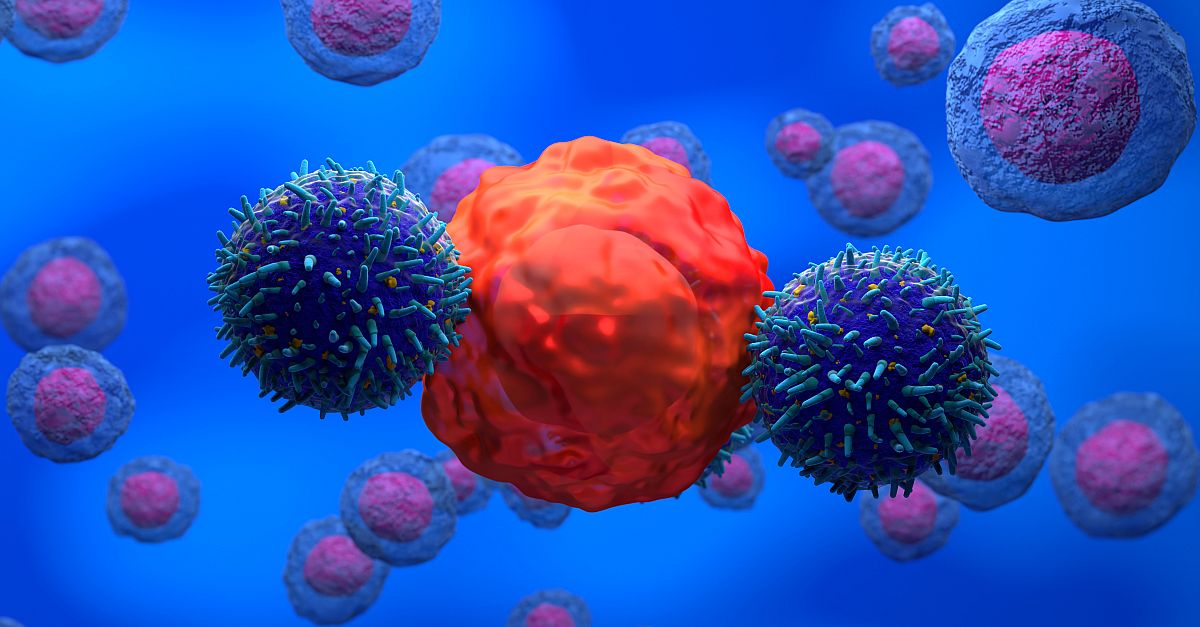Multiple chimeric antigen receptor (CAR) T-cell therapies have demonstrated efficacy in hematologic malignancies. Since the first one (tisagenlecleucel) was approved in 2016, it is estimated that there have been tens of thousands of administrations of CAR T-cell products. On November 28, 2023, the US Food and Drug Administration announced a concerning safety signal regarding the transition of the drug product itself into a T-cell malignancy in some patients, and in Q1 2024, they added a boxed warning on all CAR T-cell therapies.
The development of T-cell lymphomas is evidenced by the genetic signature of the construct being easily detectable in the malignant clone, suggesting that it is a class effect and not limited to any one therapy or manufacturing process. Vinay Prasad, MD, MPH, from the University of California, San Francisco, United States, authored a JAMA Viewpoint article to highlight the potential impact of this new information, particularly as it pertains to CAR T-cell therapy development programs. Current estimates show a rate of 0.068% of infusions that resulted in cases of T-cell lymphoma. Because this adverse effect is rare, Dr Prasad feels the net effect of CAR T-cell therapy for approved indications remains favorable for diseases that have short survival times. For diseases with longer survival times (eg, lupus, myasthenia gravis), it is expected that risks will increase with decades of follow-up.
High level
The future of CAR-T cell therapy remains promising, and drug development studies should continue among patients with cancer and short life expectancy. Approvals of new CAR T-cell products will ideally be based on data from randomized clinical trials to confirm that the benefits outweigh the risk. Further studies are also needed to understand whether the mechanism of malignant transformation can be abrogated by “kill switches” or other mechanisms to remove or destroy CAR T cells after infusion and response. Non-DNA methods of CAR engineering may better optimize the benefit:risk ratio.
Ground level
The class effect of T-cell malignancies in some patients receiving CAR T-cell therapies suggests use of these therapies may be more appropriate for patients with higher mortality risk. When discussing CAR T-cell therapy with patients, it is important to ensure they understand the potential risks prior to initiating the process of treatment. However, it is important to consider that the benefits will still outweigh the risks for many patients who fall within the approved indications for these products and whose lives may potentially be saved by CAR T-cell therapies.

